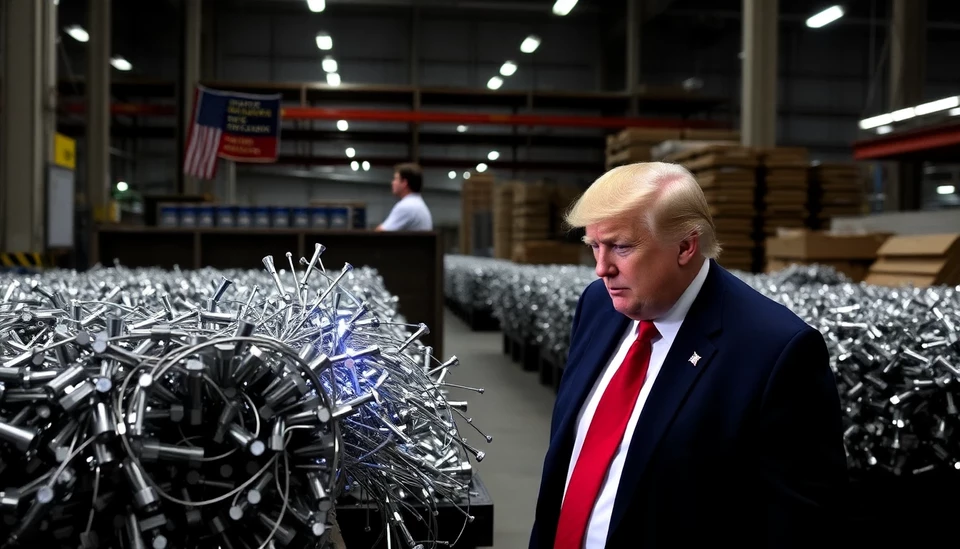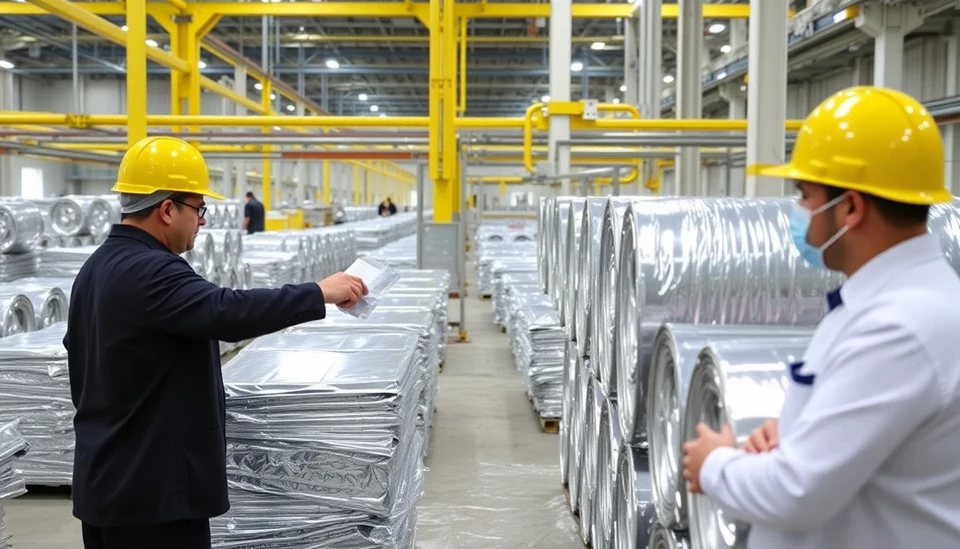
The aluminum market is gearing up for another tumultuous period, as the looming decision by former President Donald Trump to reimpose tariffs on aluminum imports is causing significant concern among industry players. These proposed tariffs come at a time when the aluminum market is already reeling from a mix of global economic uncertainties and fluctuating supply levels.
Industry analysts warn that Trump's tariffs, which are reminiscent of the trade protection measures implemented during his presidency, may lead to increased prices for consumers and businesses that rely heavily on aluminum. This situation has revived fears of inflation in products where aluminum is a key component, such as automobiles, construction materials, and consumer electronics.
Market participants are closely watching the potential fallout from these tariffs. If enacted, the tariffs could further strain relationships with key trading partners, particularly Canada and Mexico, which are major suppliers of aluminum to the U.S. Already, aluminum prices have shown volatility, and the announcement of these tariffs is expected to exacerbate the situation by creating an environment of uncertainty in pricing.
As producers brace for the implications of the tariffs, some companies may reduce their operations or even delay investments in new production capabilities. Conversely, firms that are able to bypass the tariffs by sourcing aluminum from non-tariffed countries may benefit, setting the stage for a reshuffling of trade patterns in the global aluminum market.
Moreover, the Biden administration had previously sought to lower tariffs, hoping to ease pressures on manufacturers and consumers alike. With the prospect of Trump’s tariffs being reinstated, many wonder how the current administration will respond and what measures they might take to mitigate the charges imposed on aluminum imports.
In a broader context, these tariffs are emblematic of ongoing tensions in U.S. trade policy, where protectionist measures often clash with the need for supply chain stability. As the aluminum market stands at a critical juncture, businesses, consumers, and policymakers alike will need to navigate the complexities introduced by these potential tariffs.
While it remains to be seen how the global aluminum market will respond to such developments, the possible return of tariffs has already instigated discussions about the future of aluminum production in the U.S. and the ripple effect it could have on international relations and global pricing stability.
As industry stakeholders prepare for the upcoming adjustments, the impact of Trump's tariffs on both domestic and global markets will likely be the subject of intense debate in the months to come.
#AluminumMarket #TrumpTariffs #Manufacturing #TradePolicy #Inflation #GlobalEconomy #PricingStrategies
Author: Victoria Adams
